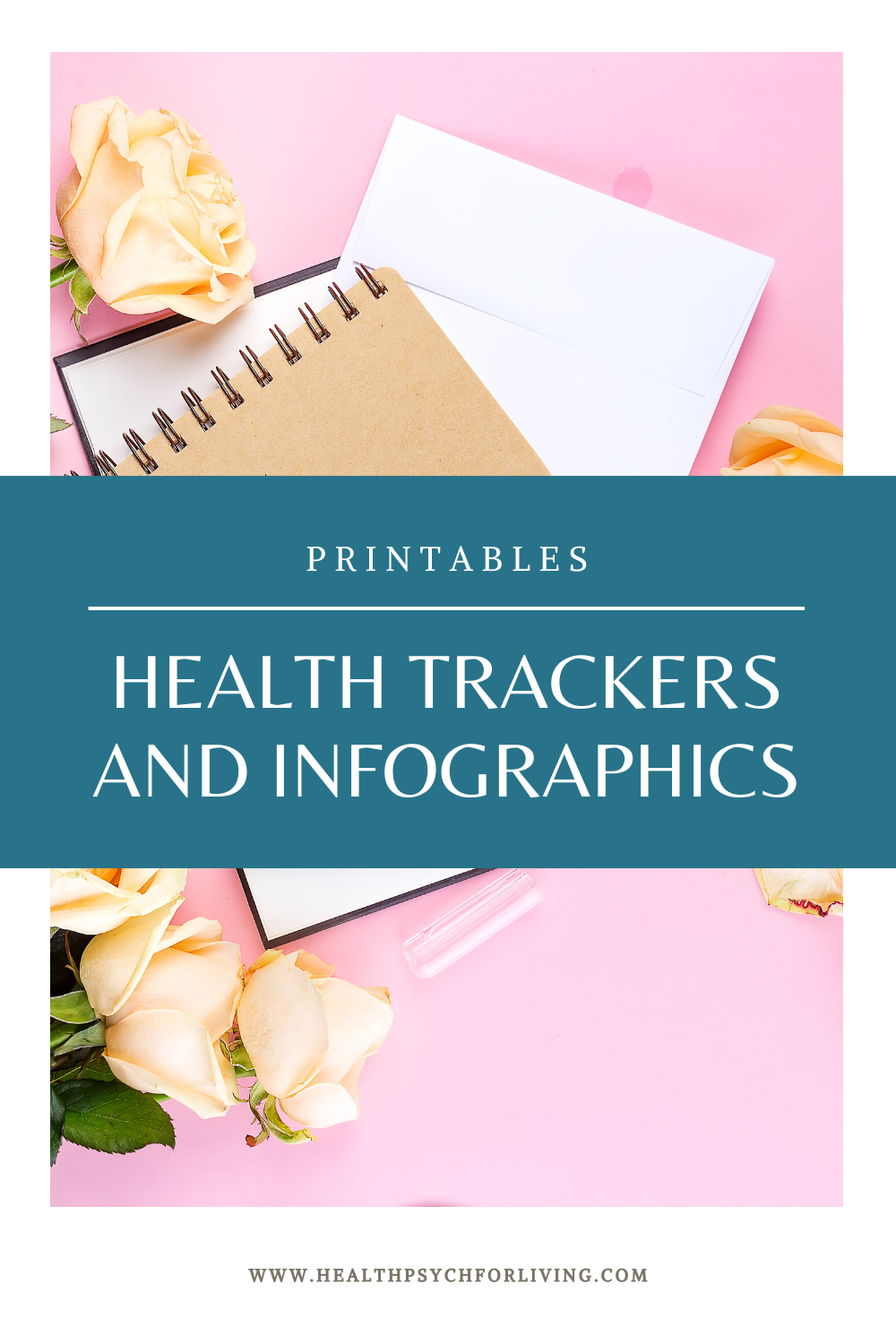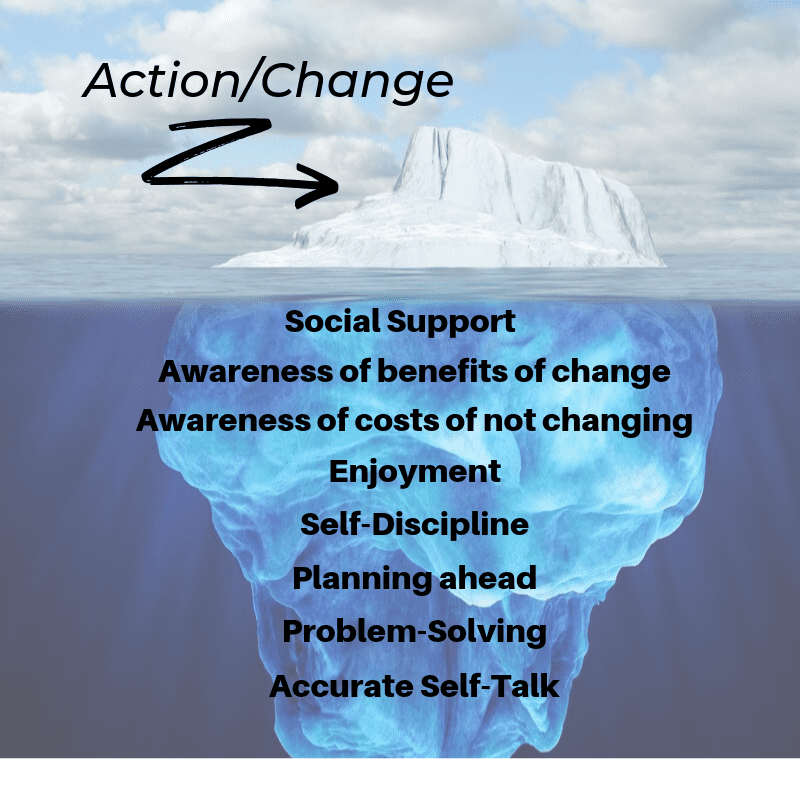Your Health Goals: the Right Definition
So many of us make health goals when we’re feeling really motivated and start out saying “this time will be different”. After a month or two, the predictable pattern of losing steam sets in. Maybe it’s because the health goal definitions were wrong. Here’s how to figure out the right health goals for you:
Look for New Inspiration:
What prompted your decision to get active? When I was researching for this article, I did some keyword searches to see what phrases and images people are searching for when looking to get motivated. I have to say, it really wasn’t surprising. Here are a few examples of phrases people look up and the number of times per month:
- “How to lose weight fast in 2 weeks” – 40,500 searches per month
- “How to lose weight in 7 days” – 14,800 per month
- “How to make exercise a daily habit” – 140 per month. You read that right. Only 140 compared to 40 THOUSAND or 14 THOUSAND.
We’re going about it wrong when this is our only inspiration. Without quick, meaningful rewards, we’re setting ourselves up for frustration. Go for “lifestyle” not “quick results”. Google “Exercise Regularly” instead of look for fast fixes. Find stories of people similar to yours who used exercise as a means to an end you can relate to.

Watch Your Language:
Don’t make it bigger than it needs to be: When we tell ourselves we have to workout xx times, for xx long, at xx intensity, we’re thinking about it wrong. Think move. The feel of each word is different, isn’t it? Telling yourself to move today seems like less pressure than telling yourself to work out. Even with less pressure, thinking this way can actually be more effective. Workouts seem so “all-or-nothing”, but just “moving” is something you can build on and doesn’t have the success-failure connotation to it. Plus, something is definitely better than nothing. Momentum will build, so it can become a lifestyle without that self-imposed high pressure.
Similar to the pressure that comes with “workout” xx times per week, we often picture arbitrary goalposts and find ourselves thinking “I can’t because…”.
- I can’t run xxx distance, or speed.
- I get winded after “only” xxx minutes.
- I can’t crush the xxx workout in xxx days like the ads say I “should” be able to.
- I can’t come close to xxx steps per day.
- I’m not “fit enough” to try the xxx class.
When you find yourself having those thoughts, it’s time to back up and figure out the real definitions of your health goals.
Re-evaluate Your Health Goals Definition:
We are all unique creations, and while most recommended activity goals are great for overall health and wellness, some of us may need more or less to improve our lives. First, think about what “improve your life” would look like. The examples are endless:
- better mood
- less pain
- able to do more physically
- more time with friends
- more “me” time
- need less medication
- more energy
Then develop your roadmap toward that goal. Start with short-term health goals to “show up”, whether it’s at the gym, turning on the streaming workout on your tv, sitting on the exercise bike. Just put yourself in the situation three times per week, for example. Don’t worry ahead of time about how hard or how long you will do whatever it is. Get yourself “there” and start moving. See what happens.
This part will take some trial and error – identify what you like to do, how you can easily measure progress, and discover what trips you up. Have patience in the beginning! Consider figuring out your process as an early goal if you have to.
We Repeat What’s Rewarding
Pay close attention to all the little “wins” as you go: The emotional rewards can be bigger than each little improvement you make. It’s these payoffs that will keep you going!
- How far did I go yesterday?
- What songs did I listen to that I love?
- Was it a nice break from my day?
- How did I feel when I was doing it?
- How did I feel after moving compared to before I did it?
- What can my body do today that it couldn’t do before?
- How well did I sleep after being active?
But I Hate Exercising!
Hold on now, let’s really think about this. Here’s something to consider: How many four year-olds do you know that hate to run around? We are built to move, and it’s inherently rewarding use our bodies the way they’re designed.
What did you like to do when you were small? Play tag, climb things, splash around a pool? How can you adapt those things to “grownup” versions so they’re fun?
You can also pair physical activity with something you enjoy.
- Listen to music, an audiobook or podcast while you walk.
- Call an old friend on the phone and move the whole time.
- Plan fun activities while you’re moving.
- Use a step bench or march while you watch your favorite tv show.

What makes you say you hate exercising? Have you had the chance to really do what you’d like, the way you’d like it? A 2015 study found that how we feel about exercise isn’t set in stone. They uncovered a few things that tie in to someone experiencing more enjoyment, and thus, keeping up a routine.
- When someone chooses the activity and how hard to work, there is more enjoyment than when directed to do a certain activity or routine with no choice in the matter.
- Getting positive feedback of some kind on performance makes us feel more competent, and we enjoy it more.
- Having more options over time makes it more fun.
- Feeling like part of a group makes it more enjoyable than when feeling isolated.
The takeaway? Don’t feel that you have to do a certain exercise in a cookie-cutter way. Find what you enjoy (think back to when you were a kid if you have to), what you are good at, identify all the rewards – no matter how small, and be open to changing it up. If you’re with a group, adjust it to fit what makes you feel good, don’t feel pressured to do it just like everyone else.
Build Self-Discipline
Keeping track of progress, either on paper or with a form of technology is part of staying on track. It can make you get real with yourself, and you can see even the smallest amounts of progress, which can be motivating!
People who have the most confidence in staying active have several things in common: They plan ahead, prepare in advance for obstacles, find something they like to do, and stick to the activity that’s most rewarding. This will take some trial and error – identify what you like to do, how you can easily measure progress, and discover what trips you up. Have patience in the beginning! Consider figuring out your process as the first goal if you have to. The more you understand about yourself and what works, the better the chances you will reach your long-term goals!
Are you ready to identify your health goal’s definition? Click the button below!
Check out my Bookstore to see what’s there.







